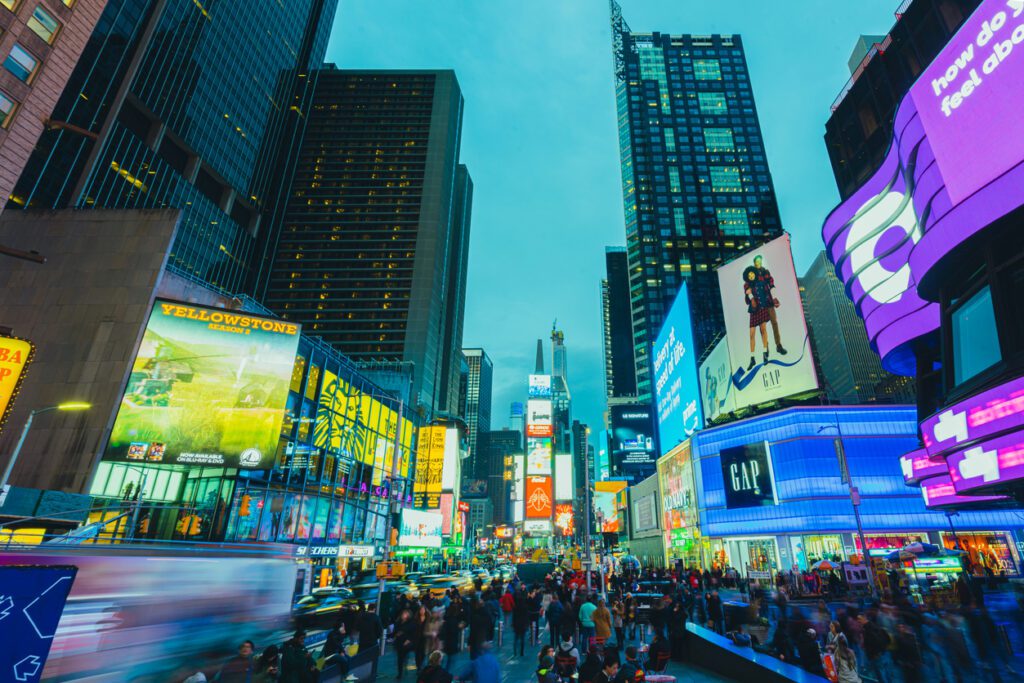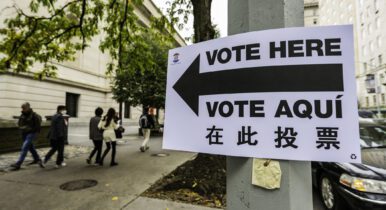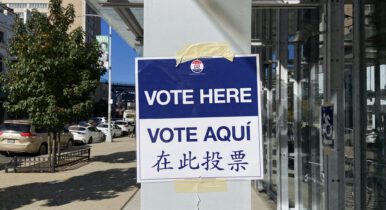The last bastion of analog political advertising has been penetrated by ad tech with a DSP platform now marketing itself as the programmatic answer to placements on everything from billboards to ride share car wraps in target markets across the country.
Now remember, inventory for digital out of home (OOH) is still a small share of the market. Lamar Advertising, the largest OOH company in terms of revenue and panels, only has about 2.5 percent of their total inventory as digital placements. Mind you, that generates 20-25 percent of their total revenue, company VP John Miller told C&E recently.
That mix of revenue-to inventory is likely what attracted AdQuick, a DSP for out of home founded in Los Angeles in 2016, to the political market. It now has partnerships with media owners representing 98 percent of all available OOH inventory in the United States, according to a release.
John McClung, an ex-Lamar account executive who’s now leading political for AdQuick, said part of the reason OOH is growing, post-pandemic lockdowns, is the application of digital targeting techniques.
“Now you can go and take those audiences that you’re used to targeting on digital channels, and you can go index an out-of-home placement based on how they skew towards that audience,” he said.
There’s also the convenience of having a single interface tell you what inventory you’re going to be allowed to run on. Most media owners prefer non-partisan messaging related to referendums and GOTV, as a general rule.
Still, one thing to keep an eye on is a tool the company built that allows the user to put up a crowdfunding page the same way as with GoFundMe. The company partnered with an activist, Loralei HoJay, to start a crowdfunding campaign to put up billboards in support of the Justice for Breonna Taylor Act, legislation to prohibit no-knock warrants.
In fact, HoJay was behind a Change.org campaign that called for a ban on no-knock warrants at the federal level. The joint crowdfunding effort ultimately raised $80,000 and the billboards subsequently went up all around the Louisville area.
But they haven’t marketed the crowdfunding service to campaigns more broadly because of concerns about compliance. McClung explained how it works: “We help to promote that crowdfunding [effort with a shareable link]. Once they hit their goal, [the placements go up] on a service-fee basis that’s applied at the checkout of the campaign. We don’t take anything additional.”
Correction: An earlier version of this piece stated that AdQuick partnered with Breonna Taylor’s family on a crowdfunding campaign. In fact, the company partnered with activist Loralei HoJay on the billboard crowdfunding campaign.



